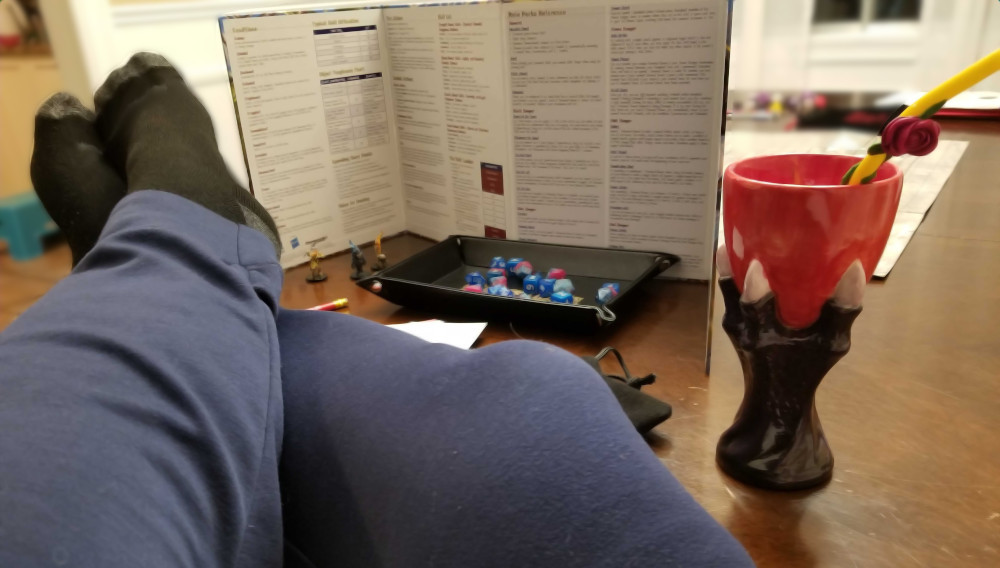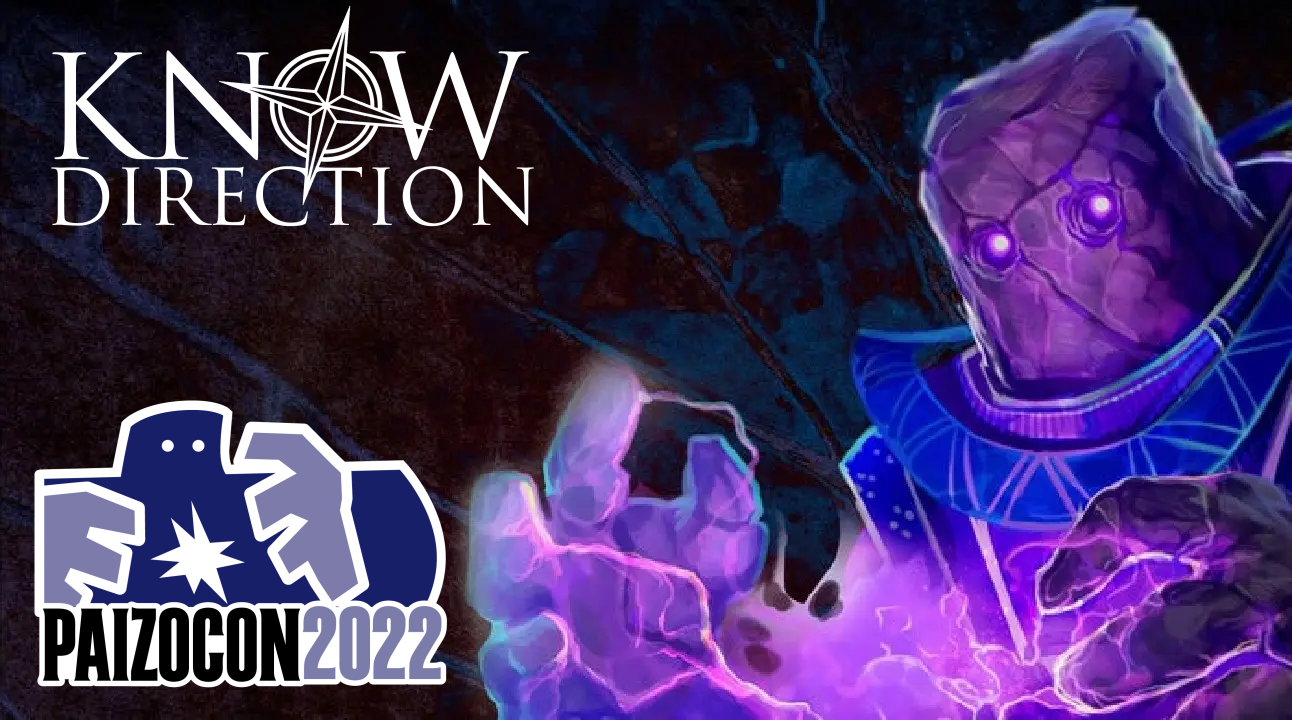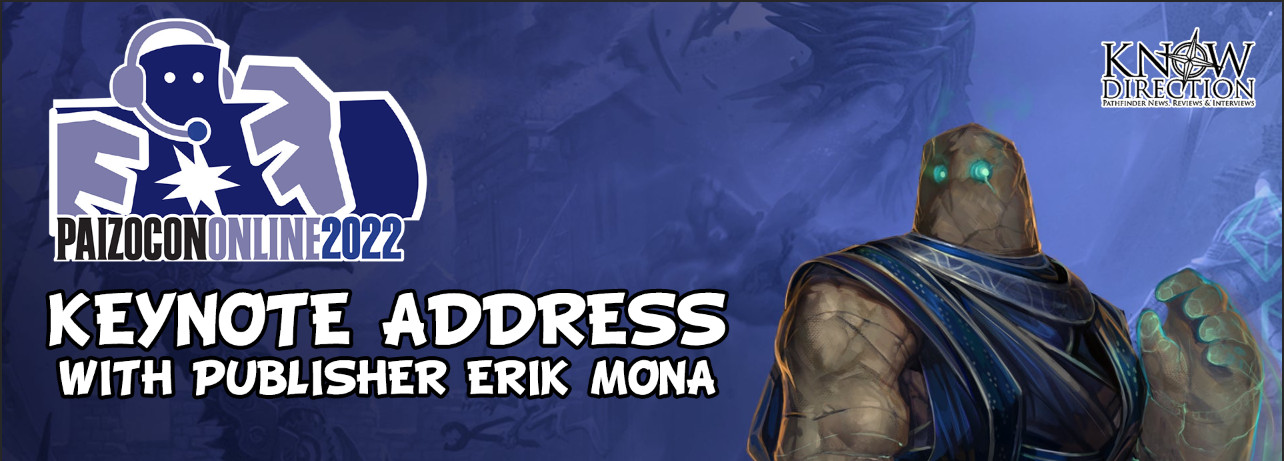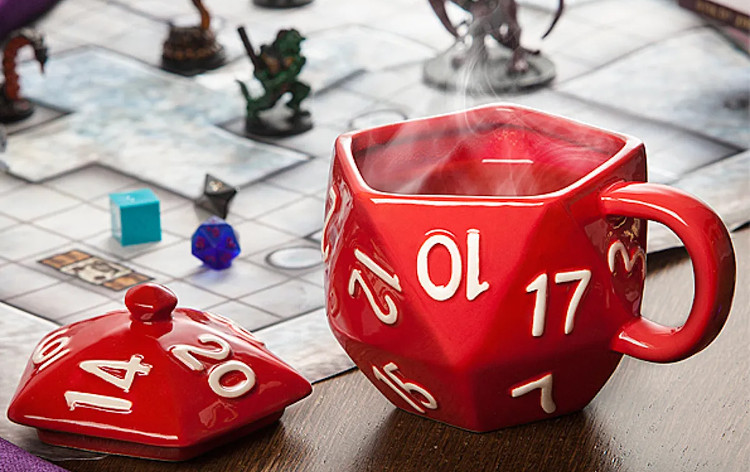A lot of advice for GMs aims to help us run smoother, faster, more efficient games. That’s not necessarily a good thing, my fellow GMs.
I often look at conventional GMing wisdom and breakdown how it’s not as universally applicable as it’s usually presented, and not to worry if it’s not for you. This isn’t that kind of article, however. Today I want to look at how even good advice can negatively impact your game, if you take too much of it.
Efficiency Can Burn You Out
We do not get a lot of time alone with our thoughts, my fellow GMs. I remember the moment I fully realized this. Jay had asked me a question. I told him I needed to look up the answer. Then he said “well while you’re doing that,” and asked me a second question. Now, I’ve talked in the past about Reggie Watts auxiliary brain theory, and how I tend to split my focus between paying attention to the players and imagining where to take the session next. But my brain (and presumably even Reggie Watts’ brain) has its limits. When Jay absentmindedly assumed I could simultaneously research the answer to his first question and not only listen but then answer his second question, it dawned on me how much a session relies on the GM’s attention.
I cherish the moments I get alone with my thoughts while GMing. I can digest what’s happened, plan for what’s to come, try to remember my original plans for the session, or just relax. These rare opportunities are the first casualty of running a more efficient game.
For example, common advice says to only call on rolls when the results matter. For me, that would come at a huge cost. There’s no better opportunity to gather my thoughts than during a die roll. Not only is the player focused on the roll, then finding the related bonus on their character sheet, and finally doing math, but the other players also tend to focus on the roll. If you find you don’t have enough time with your thoughts, my first suggestion is to have your players roll more often. It’s more engaging than asking for a minute to look up your notes, doesn’t include table talk that you either get distracted by or have to miss joining in on, and no one’s the wiser that the roll doesn’t matter.
Perfect Imperfections
How many of your favourite TTRPG experiences come from things going smoothly? Now, maybe you occasionally run a session where everyone and everything synchs up and you and your players experience a near psychic experience that you have to tell others about. But mostly, in my experience, the best moments come from the unexpected. That clutch critical hit only matters because what should have been a balanced encounter just didn’t go the PCs’ way up until that moment. Or the opposite, with one-sided luck allowing your party to decimate what should have been a tense, dramatic combat.
Now, if I watch a movie and the heroes just wreck the villain in the last act, that’s anti-climatic and probably unsatisfying. However, that’s what makes it so much fun when it happens in an RPG. It’s the organic storytelling opportunities presented by each die roll that makes every group’s experience unique. You can apply some advice to mitigate how wild your campaign’s drama swings. Just beware squeezing so tightly to traditional plot arcs and story beats. You risk ringing out what separates roleplaying games from traditional storytelling.
A lot of gamers, like Valiant cast member and game design guru Owen KC Stephens, share their game night highlights on social media with hashtags like #gamenightquotes. The hashtag isn’t for moments of great drama or amazing roleplaying. It’s for the surprises, the unexpected, the clever comments that came about in the moment. All of which are only possible when you let your game unfold naturally.
We Are Not Machines
As GMs, we are a lot of things, but we aren’t machines. Nor should we want to be.
We work most smoothly when we embrace our humanity, my fellow humans. Have you ever heard that the strongest passwords include three disconnected words that means something to you? That’s because it’s easy for us, as humans, to remember words we associate with, but hard for computers to narrow down which of the millions of words in existence we might choose. Conversely, the random numbers and letters a computer might suggest we use for a password is very hard for us to remember, and much easier for another computer to determine.
We don’t need to run a game where we get every rule right, from the rules of the system to the rules of dramatic highs and lows. That’s what video games are for. As Game Masters, human Game Masters, our strength is our ability to zig if need be, when a machine can’t because it’s programed only to zag.
Furthermore, you bring a lot to the table as a human. Humans have personalities, senses of humour, and life-defining experiences. If everyone at the table enjoys when you compare the action to your favourite MCU scenes, don’t stop dropping pop culture references just because they slow the game down. Sprinkling your personality into your sessions is what makes them your sessions.
It’s Part Of The Game
On a recent (and amazing) episode of the People I (Mostly) Admire podcast, game designer and bestselling author Jane McGonigal said “My favorite definition of a game comes from a philosopher, Bernard Suits, who said that a game is the voluntary effort to overcome unnecessary obstacles.”
As cooperative and social pass times, Roleplaying Games allow us to have fun with friends above all else. Sure, there’s more rules and obstacles than there would be if we just hang out, but those rules and obstacles scaffold the fun. However, the rules and obstacles are the buy-in. They’re the excuse. There’s room in every RPG session for a little down time.
Even actual play podcasts allow for table talk. Heck, I’d argue some of the best moments from my favourite actual play podcasts came from when the cast just riffs, letting their personalities shine and putting aside playing in character and advancing the plot. When we relax and focus on aspects of the experience other than rigidly maintaining forward momentum, we give everyone at the table the opportunity to acknowledge the fun being had, together.
Efficient Isn’t The Only Way
As we’ve discussed in past Behind The Screens articles, we shall create fun at the table, my fellow GMs. Or, through inaction, allow fun to be had. An efficient game is only one way to have fun when roleplaying. Don’t be afraid to be yourself, warts and all, and go at whatever pace you’re most comfortable with.
Every two weeks, Ryan Costello uses his experience as a Game Master, infused with popular culture references, to share his thoughts on best GMing practices to help his fellow GMs. Often deconstructing conventional wisdom and oft repeated GMing advice, he reminds his fellow GMs that different players play the game in different ways, and for different reasons.






